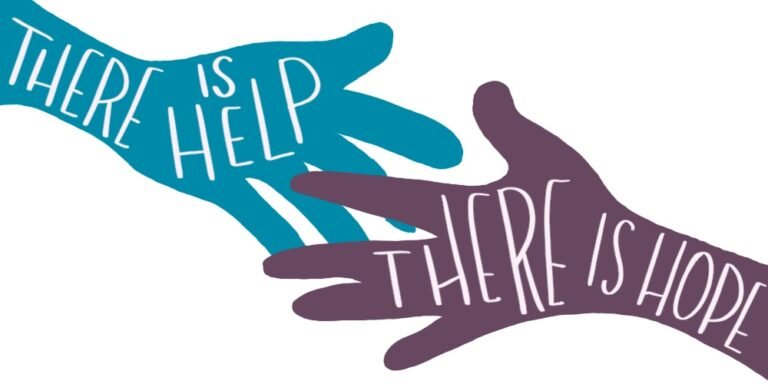Suicide, which has been considered as a major global concern by the World Health Organization (WHO, 2019) is often described as the ending of one’s own life. Apart from being a major global concern, it is also a concept that has been widely misunderstood.
Common Misconceptions about Suicide:
- Suicide is an act of ending one’s life: The meaning of the word itself is said to be the act of ending one’s own life. But a person who is attempting suicide is not trying to end his or her life, but rather the pain they are going through; losing their life is the collateral damage of the same.
- Suicide is an act of cowardice or weakness: We humans are programmed to preserve the life we have; it is a survival mechanism to do whatever it takes to ensure that we do not die. Hence, a person who ends their own life has been pushed to their limits of trying to stay alive and broken enough to bypass the survival mechanism that has been programmed into us since millions of years of evolution. The act, therefore, has nothing to do with how brave or strong the person is.
- Suicide is an act of gaining attention: Yes, some people to use it to get the attention of others, but it is not to get any sympathy from others. Rather, it is a cry for help; a measure the mind cooks up with the hope and expectation someone will realize they are in unbearable pain and come to their rescue (again boiling down to our survival mechanism).
- Suicide is an indication of mental instability: Yes, there is a lot of emotional turmoil raging in the minds of the people to take the step of suicide, and it is also true that there are many mental health concerns which can cause one to take such actions. But not all those take this step lack sound ability of rational cognition. In fact, most of the acts are undertaken after diligent planning and weighing of the pros and cons; it is a decision taken after the continuous realization that they can no longer continue to survive.
- Knowing about suicide will trigger suicide: Just like any other mental health concerns, suicide can be prevented by having the right information. Yes, hearing about our favourite stars dying by suicide can be wrongly perceived, but gaining the right knowledge is essential to take steps in the right direction.
Moving from misconceptions, here are some facts about how to prevent suicide:

- Support system is essential: We are a social animal and benefit greatly from having the support of friends and family. When we know that we are loved, understood, accepted, and cared for, it instils a sense of hope and purpose, which are essential to counter suicidal thoughts.
- Bad company is lethal: Just as the right company can save a life, wrong company can do the reverse. If the people on our life (friends, family, partners, colleagues, neighbours, or anyone) constantly inject hatred, fear, frustration, and other negative emotions, our ability to cope with adversity gradually erodes, and finally makes our life so painful and miserable that death seems to be a better alternative.
- Talk it out: Talking is an act of catharsis, which helps to release pent up emotional pressure, allowing positive thoughts to flow more easily in our system; negative emotions have a tendency to block out positive emotions by consuming the entirety of our cognitive capacities. When we talk to a loved one, apart from catharsis, it also helps to release positive hormones like oxytocin, which helps us to feel more calm and secure.
- Find a passion: When we engage in activities which we love doing, we help in the release of the other three major positive hormones (dopamine, serotonin, and endorphin), which helps to raise our happiness levels, which in turn reduces our negative thoughts and emotions.
In conclusion, suicide is neither something that needs to be glorified, nor does it need to be normalized, rather it should be taken as what it is; a serious concern that can be countered with a little more love, compassion, and support from the people around us.
About Mr. Amaresh Nath

Mr. Amaresh Nath is a counselling psychologist with 6+ years of experience of providing counselling and coaching to various population groups. He is also an academician; pursuing his PhD from Tata Institute of Social Sciences, and having taught at institutions like TISS, Guwahati, and Pune Institute of Business Management, Pune.
Apart from his professional life, Amaresh is also a foodie, storyteller, ardent traveller, photographer, poet, and a strong seeker of new knowledge. He is also a staunch advocate of mental health wellness and doesn’t miss an opportunity to spread awareness about mental health care. Having overcome concerns like Bipolar Mood Disorder and Borderline Personality himself, he takes a strong stand on taking care of one’s mental health.
MHT India aims to provide support to the community and all our readers. Click here to know more about how MHT India can help with Suicide Prevention.


